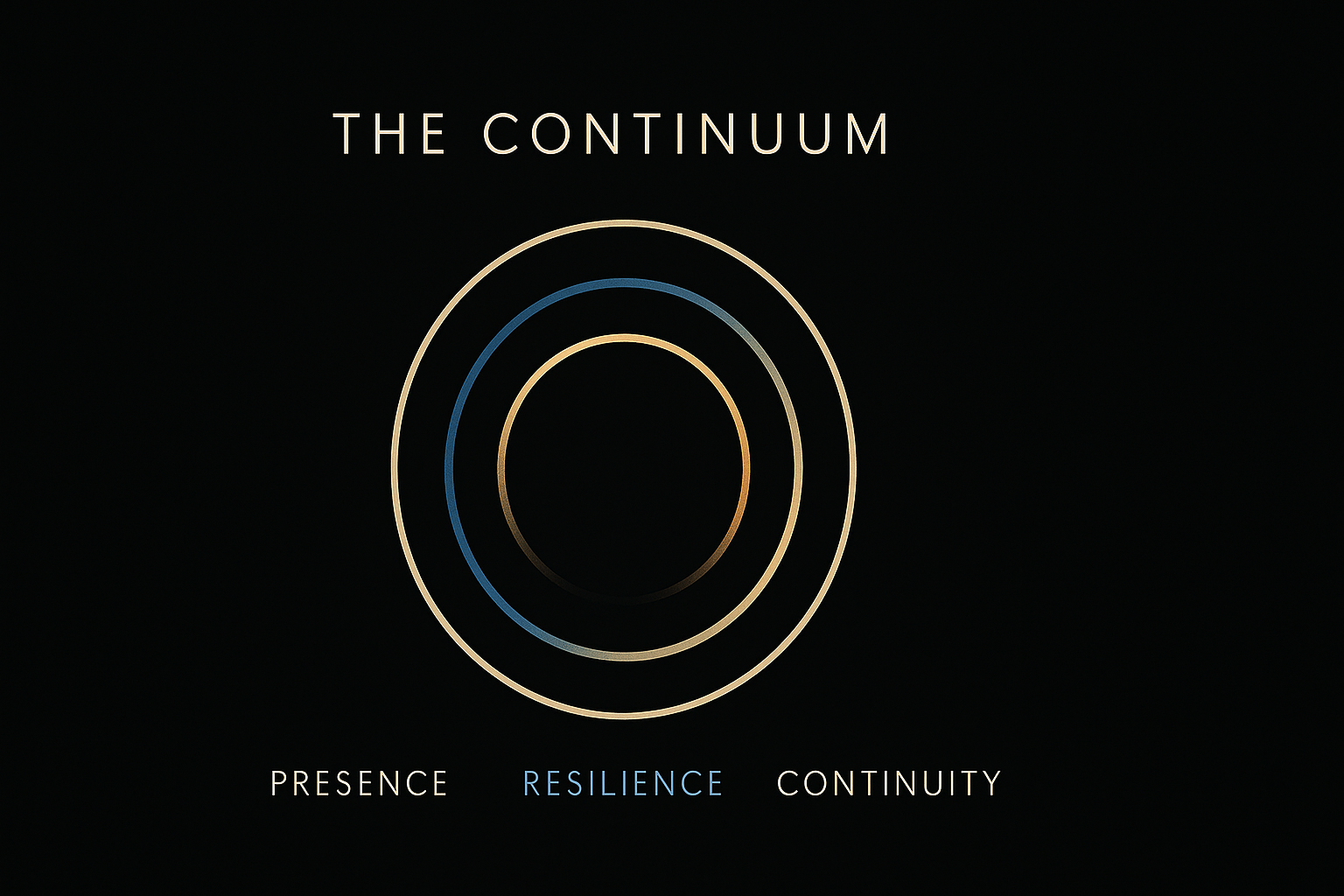If you’re using Safari on your iPhone, Mac, or iPad, chances are your default search engine is Google. It’s the out-of-the-box choice for most Apple devices—and for good reason. Google delivers fast, accurate results and an interface almost everyone’s familiar with. But it’s not your only option. Safari actually lets you switch your default search engine to one of several alternatives: Yahoo, Bing, DuckDuckGo, or Ecosia.
Each of these choices exists for a reason. They’re not just lesser Googles. They reflect different priorities—privacy, sustainability, simplicity, or AI integration. If you’ve ever wondered whether it’s worth making a change, this guide is for you.
Best for: Fast, comprehensive search results—with maximum data tracking.
Google dominates search because it’s incredibly effective. Billions of searches every day give it an edge in relevance, speed, and breadth. Whether you’re looking for a product, an answer, or the right video tutorial, Google nails it most of the time.
But there’s a cost. Google builds a deep profile of you across your search history, Gmail, YouTube, Maps, and more. That data fuels its ad machine. If you’re fine with that trade—personalized results and convenience in exchange for your privacy—Google will serve you well. If you’re not, keep reading.
Yahoo
Best for: A throwback experience that still works—but isn’t exactly cutting edge.
Yahoo’s search is powered by Bing, but its interface leans into the old-school internet vibe. You’ll see news, weather, stock tickers, and email links all in one place. Some people like that familiarity—especially if they’ve used Yahoo since the early days.
That said, Yahoo isn’t bringing anything new to the table in terms of search quality. It’s more of a portal than a powerhouse. Unless you’re already using Yahoo services like Mail or Finance regularly, it’s hard to recommend as your main search engine.
Bing
Best for: Microsoft users and anyone curious about AI-powered results.
Bing has quietly evolved, especially with Microsoft’s investment in OpenAI. Now, Bing integrates AI-generated summaries, image generation, and more conversational search features. If you’ve tried ChatGPT and liked it, Bing offers a taste of that directly in your results.
It’s still ad-heavy, and its relevance isn’t always on par with Google, but it’s getting closer. If you use Windows or Office 365, Bing might be a more natural fit across devices.
DuckDuckGo
Best for: People who value privacy over personalization.
DuckDuckGo doesn’t track you, doesn’t store your search history, and doesn’t personalize your results based on past behaviour. For some, that’s precisely the point. You get a more neutral, less manipulated search experience.
It’s not quite as deep or fast as Google, but it’s more than good enough for most everyday searches. And if you’ve grown tired of ads that seem to follow you from site to site, switching to DuckDuckGo feels like stepping into fresh air.
Bonus: its apps and browser extensions also block third-party trackers, giving you more control over your digital footprint.
Ecosia
Best for: Users who want to make a small difference with their searches.
Ecosia is the only search engine on Safari’s list with an environmental mission. It uses its profits to fund tree planting around the world. So far, users have helped fund over 180 million trees (and counting).
Search results are powered by Bing, but Ecosia strips out some aggressive tracking. You might give up a little in result accuracy, but if you’re someone who favours your online habits supporting real-world impact, Ecosia is a feel-good choice.
The Bigger Picture: Search Is Changing
We’re on the edge of a major shift in how we search the web. Traditional keyword-based engines are slowly being complemented—and in some cases replaced—by AI tools that answer questions in natural language. It’s not difficult to imagine Apple adding an option like ChatGPT, Perplexity, or a custom Apple Intelligence model to Safari in the near future.
When that happens, search won’t just be about links—it’ll be about answers, summaries, and conversations. Siri and Safari will likely merge into something smarter, context-aware, and more voice-driven. Until then, choosing a search engine is still about what matters most to you right now: speed, privacy, ethics, or new features.
So, should you ditch Google?
If you’re happy with its results and don’t mind the data trade-off, there’s no urgent reason. But if you’ve got different values—whether it’s protecting your privacy, fighting climate change, or testing the future of AI search—it’s worth switching for a week or two. Safari makes it easy, and you might be surprised at how well these other engines hold up.
As always, be excellent to each other.



